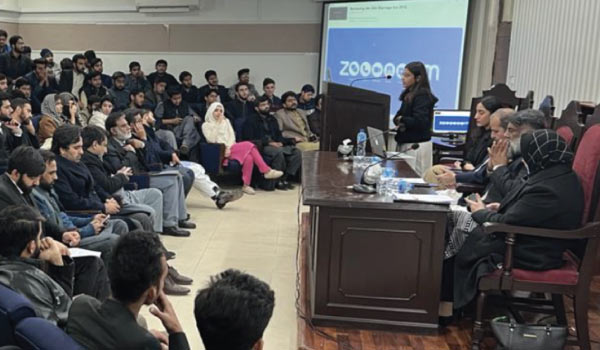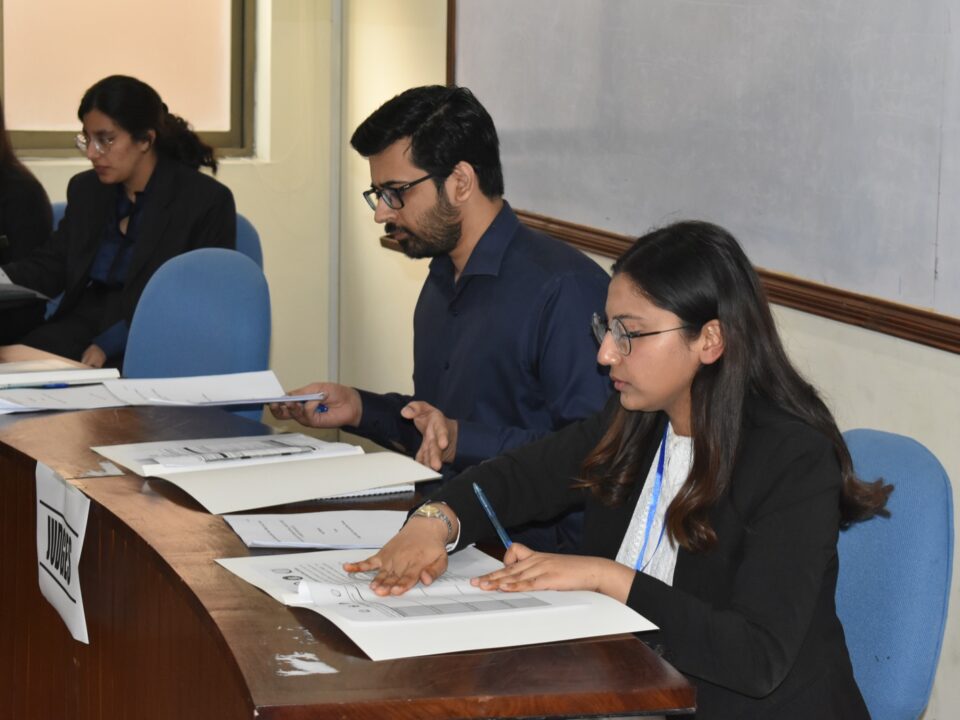ARTICLES
Jurisprudence on Concept of Talaq-e-Tafweez: A Mode of Dissolution of Muslim Marriage
WRITTEN BY
Advocate Shafaq Farooq
DATE
31 October 2022

Muslim women in Pakistan have recourse to a form of dissolution of marriage other than the usual court process - khula. That very form is called talaq-e-tafweez. This article tends to explore the concept of talaq-e-tafweez, a form of dissolution of a marriage contract. An in-depth study of jurisprudence on talaq-e-tafweez shall be taken into account while digging into the existing practices of dissolving marriage via talaq-e-tafweez i.e., delegating the right of divorce to the wife at the time of nikkah. A detailed analysis with help of precedents shall be made in order to indulge into the discussion of whether talaq-e-tafweez is revocable or not. All the applicable legislation / laws pertaining to deal with delegation of the right to divorce under Sharia Law will also be discussed in the paper. It shall include a fruitful comparative analysis of how this concept is being practiced in different jurisdictions around the globe and how this concept has been interpreted by courts in Pakistan. The article shall also elucidate on whether a woman can retain her dower if she exercises talaq e tafweez. Moreover, reasons including but not limited to those mentioned, shall be discussed at length, why it is beneficial for women to seek out talaq-e-tafweez at the time of marriage (e.g., less costly, saves time, recourse to courts not needed). The importance of delegated divorce for women and what issues it can help resolve in marriage for women shall also be highlighted. Furthermore, the step-by-step procedure of pronouncing talaq-e-tafweez to executing the divorce deed shall be thoroughly explained with the help of judicial precedents.



